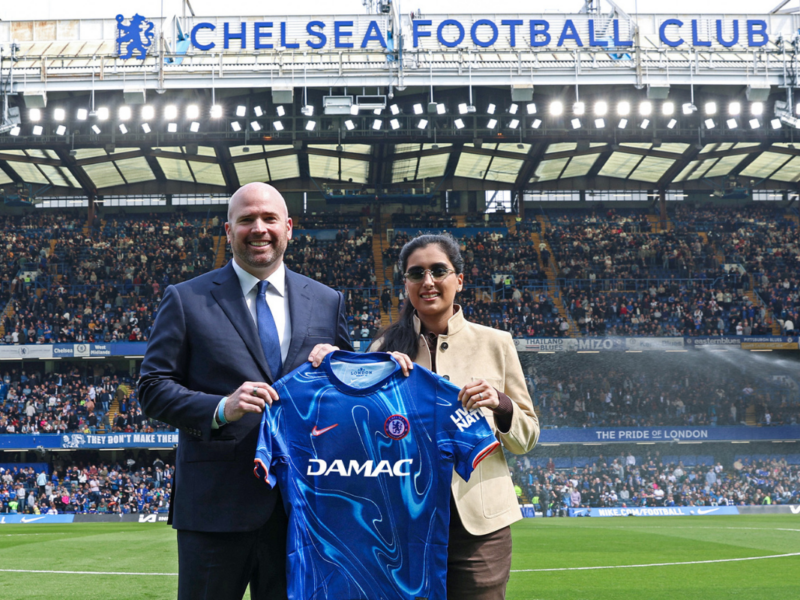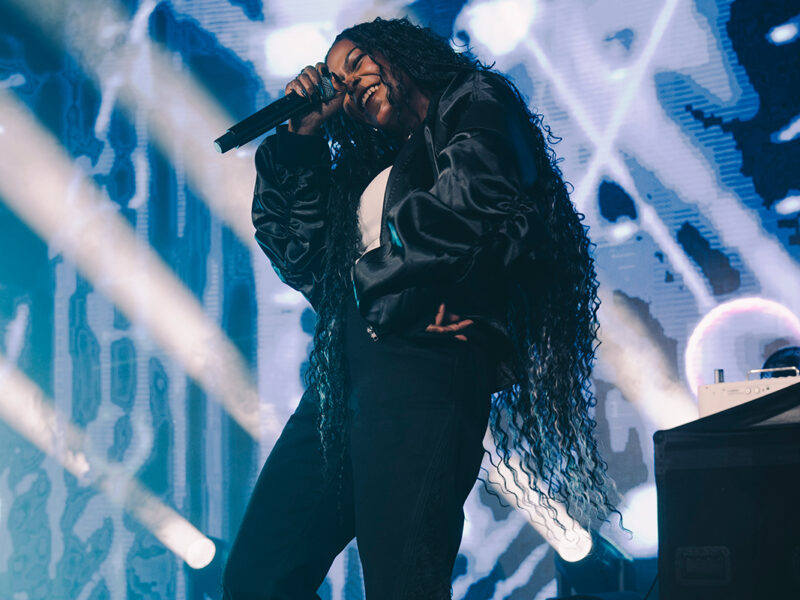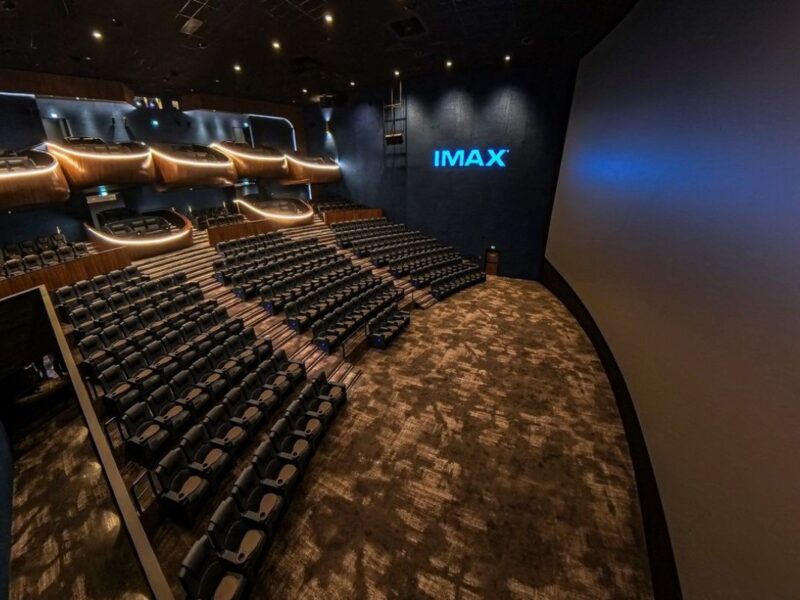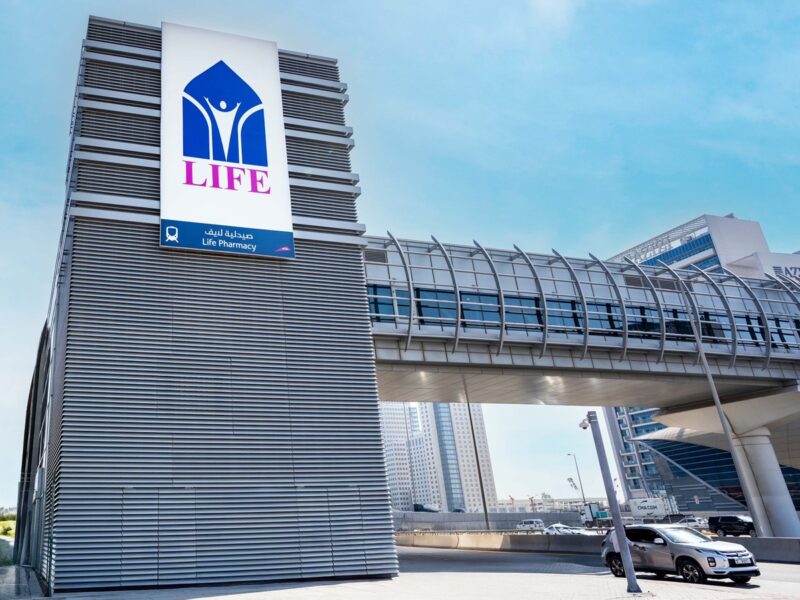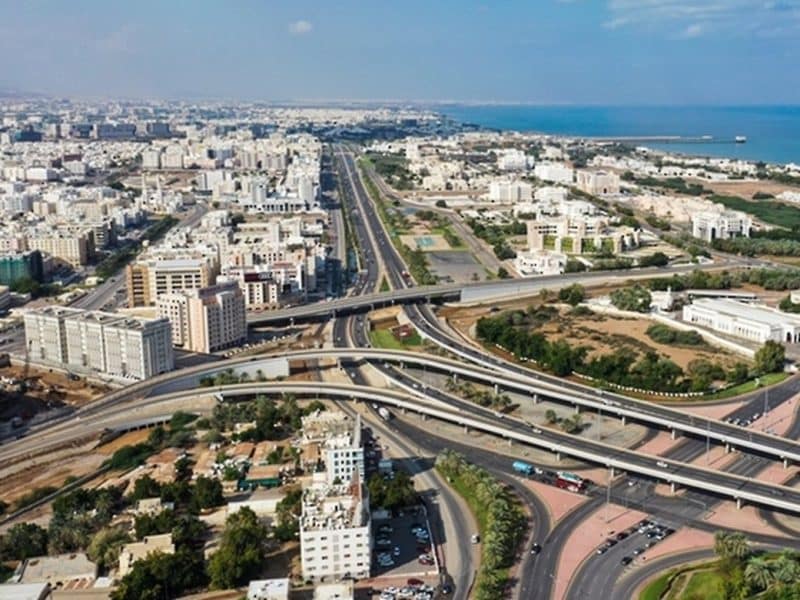With most of the worldwide population having to spend large parts of 2020 at home, one silver lining has been the rapid improvement in technology, and the convenience it has offered consumers. During the UAE National Sterilization Programme, for example, e-commerce platforms quickly rolled out dozens of options for residents to order their essential groceries and other items.
Digital transformation has strongly influenced virtually every sector – particularly healthcare, education and retail – with remote learning and working taking place at home, rather than schools, universities and offices.
One of the UAE’s biggest quick-commerce (q-commerce) platforms, talabat, partnered with global tech giant Huawei to develop a seamless customer experience on their platforms, while also positioning their brands as technology leaders in their respective industries.
Why did Huawei and talabat partner up?
With more than 730 million smartphones being used worldwide, Huawei is unquestionably one of the world’s biggest manufacturers in the sector. In the Middle East, the company is becoming a tech player in both B2B and B2C. This was one of talabat’s primary motivations for coming on board Huawei’s AppGallery.
“Our data showed a clear increase in our customers ordering on the talabat app through Huawei devices – particularly in some of our high-growth markets, such as Egypt,” explained Onur Elgun, vice president of Strategy MENA at talabat.
With more than 540 million monthly active users across 170 countries, AppGallery is Huawei’s official application distribution platform for browsing through, downloading and sharing apps. “It’s also one of the top three global app marketplaces.” It’s not just big, but growing fast too, adding more than 10 times the number of apps outside China in 2020 than 2019. One of the key driving factors behind the boom in app launches is a sizeable developer base – more than 2.7 million are registered with Huawei Mobile Services.
In a bid to improve customer experience – something becoming more and more important in this region – talabat decided to work with Huawei to offer a more integrated experience for the brand’s smartphone users. “With customer experience being a top priority for both ourselves and Huawei, working closely with the team at Huawei to truly create an integrated experience for both Huawei and talabat customers was a logical next step,” said Elgun, adding that corporate partnerships are an essential in the competitive, fast-moving q-commerce space.
Data-driven solutions, he said, can solve customers’ needs before they have to search for a solution.
Inculcating a customer-first mind set
With talabat and Huawei having worked together since 2019, Elgun appreciates the team’s curiosity about the talabat model, as well as their customer-first mind set – a key value he feels both firms share.
The two tech players have partnered up in nine MENA markets. One of the biggest success stories borne of the partnership, he says, is the rebranding campaign in Egypt, where Otlob became talabat. “We created a co-branded campaign through a wide range of promotional activities to benefit Huawei smartphone end-users and generate awareness of our re-branded talabat app in Egypt.” The campaign registered some impressive figures, reaching 94 percent of its target audience and seeing a 240 percent increase in downloads of the talabat app.
A large part of the partnership between Huawei and talabat is based on the latter’s user experience (UX). “It is about working together to really change how our customers experience the talabat app on their Huawei devices,” said Elgun. Small tweaks such as news feed integration, which gives users instant access to the talabat app with a swipe, have resulted in a 144 percent increase in engagement.
Meanwhile, there is a hardware angle too, with talabat recently becoming one of the food and delivery apps in the region running on Huawei’s Super Device range. “This allows our app to connect seamlessly with the Huawei flagship smartwatch, the HUAWEI WATCH 3 Pro, providing users with a more convenient, smoother and more secure experience.” Once they’ve placed an order with talabat, Huawei smartwatch users can track it – and receive notifications such as ‘the rider is nearly at your door’ – on their wrist.
Future tech integrations
Not content with running the talabat app on only Huawei phones and smart watches, Elgun points to new applications being enabled by the AppGallery and other Super Device products on the horizon.
“This will include making the talabat app available on Huawei’s Petal Search and Petal Maps, plus the Super Device range such as the next-generation TV, the HUAWEI Vision S, and the new 12.6-inch HUAWEI MatePad Pro tablet set to be launched soon in the MENA market.”
The partnership reflects the convergence of several exciting regional and worldwide trends: the rise of super apps; explosive e-commerce growth over the past year; the continued development of smart devices; and MENA’s insatiable appetite for consumer electronics.
Ultimately, in this region, it’s all about convenience. “In this case, the opportunity to have a key presence on Huawei devices helps us to create a seamless experience for both our user bases,” said Elgun.

